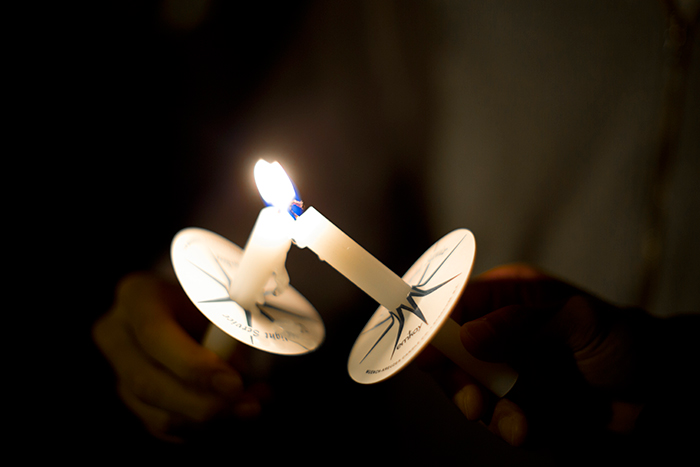On the morning after the terrorist attacks, I woke up thinking about Paris. The horrific details of the attack and its pictures flashed before my eyes constantly. I watched news channels flood with images. I have been watching details of this attack non-stop since it happened on Nov. 13. The witnesses’ accounts and video footage of the public vigils for the victims moved me to tears; slowly, I felt like I was in Paris with them.
If someone like me, someone with no remote connection to Paris felt so disturbed in the wake of this tragedy, one can only imagine how Parisians who are dealing with this traumatic experience firsthand must be feeling. On the news, experts weigh in on retaliation, revenge and response to this tragedy, but hardly anyone speaks about the human element that desperately needs our attention: Post-Traumatic Stress Disorder, also known as PTSD.
According to the National Institute of Mental Health (NIMH) of the United States of America, PTSD may be triggered in people who have experienced a terrifying ordeal involving physical harm or the threat of physical harm. PTSD patients may have experienced harm, witnessed the harm of a loved one or themselves have experienced a harmful event. Many who witnessed or experienced Friday’s attacks on civilians stand a high risk of experiencing symptoms of PTSD. The survivors continue to watch the chaos, fear and unrest that remain in the wake of the recent attack. Many of the eyewitness accounts are fighting back tears while explaining their personal ordeal for international audiences. We feel their deep shock through the sorrow in their eyes and through their words. What is worse is realizing that their misery is far from over. These brave men and women are at risk of developing PTSD later on in their lives due to this traumatic experience, and they should receive immediate counseling in order to help them cope with what has happened.
PTSD can affect anyone. Many of us associate PTSD with products of war, experienced by soldiers or veterans. But the truth is that anyone can experience PTSD at any age. This includes war veterans and survivors of physical and sexual assault, abuse, accidents, disasters and other serious events. What happened in Paris can certainly be deemed a serious event.
While some people may even experience PTSD after a friend or family member experiences danger or harm, the sudden, unexpected death of a loved one can also cause PTSD. While it is comforting to know that not all traumatized people develop PTSD, the disorder can be accompanied by depression, substance abuse or an anxiety disorder later on. Given the large impact that PTSD can have on the overall well-being of an individual, it is important that we address it before it is too late to help. The road to recovery and healing is long, but it is certainly possible to achieve by getting immediate help. This applies to not just the people in France but all of us around the world who are deeply affected by these recent tragedies.
Paris will need counseling in order to heal. Therapy will counsel people in how to react to tragic events. Treatment options for mass trauma, like the Paris attack, are different compared to individual treatment options. According to the NIMH, many people were shown to benefit from PTSD therapy after experiencing natural disasters and mass traumatic events. Counseling services, under qualified professionals, are proven to help people cope and resurrect the community as a whole during the healing process. Adequate therapy can help people cope with tragedy. Even if the road looks long ahead of us, in due time it will certainly help an entire community to heal.
To our French students at Emory University, we stand united. I encourage you to speak and address your grief. I urge you to reach out to Emory University Counseling and Psychological Services if you want to speak to someone confidentially. There is no doubt in my mind that Paris will successfully emerge from this trauma and continue to shine as the city of light for the rest of the world. In the meantime, let us hope that the French national and local governments will continue to work together with healthcare providers, schools, colleges and mental health professionals to ensure the mental health of its citizens. As the French proverb goes: “Qui craint de souffrir, il souffre déjà de ce qu’il craint.” It means, “He who fears suffering is already suffering that which he fears.” Paris, do not fear. We are here for you.
Tulsi Jose is from Toronto, Canada.



